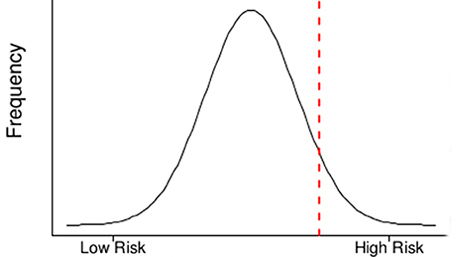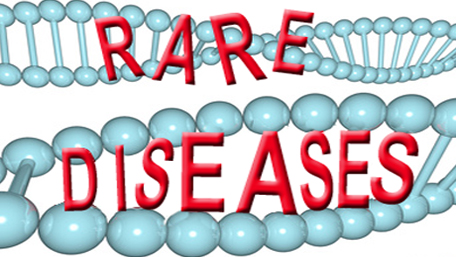
11/28/2021
Hot Topics of the Day are picked by experts to capture the latest information and publications on public health genomics and precision health for various diseases and health topics. Sources include published scientific literature, reviews, blogs and popular press articles.
Sign up MyPHGKB to receive the daily hot topic email alert.
Archived Hot Topics of the Day By Date
3 Questions We Must Answer About the Omicron Variant
A Jha, NY Times, November 27, 2021
Tracking Omicron and Other Coronavirus Variants
J Corum et al, NY Times, November 28, 2021
COVID-19 vaccines in the age of the delta variant
AK Wheatley et al, Lancet Infectious Diseases, November 25, 2021
'Patience is crucial': Why we won't know for weeks how dangerous Omicron is
K Kupferschmidt, Science, November 27, 2021
How Omicron, the New Covid-19 Variant, Got Its Name- The World Health Organization began naming the variants after Greek letters to avoid public confusion and stigma.
V Patel, NY Times, November 27, 2021
Clinical utility of polygenic risk scores for coronary artery disease.
Klarin Derek et al. Nature reviews. Cardiology 2021 11
Genomics elucidates both common and rare disease aetiology
A McNeil, EJHG, November 26, 2021
Disclaimer: Articles listed in Hot Topics of the Day are selected by Public Health Genomics Branch to provide current awareness of the scientific literature and news. Inclusion in the update does not necessarily represent the views of the Centers for Disease Control and Prevention nor does it imply endorsement of the article's methods or findings. CDC and DHHS assume no responsibility for the factual accuracy of the items presented. The selection, omission, or content of items does not imply any endorsement or other position taken by CDC or DHHS. Opinion, findings and conclusions expressed by the original authors of items included in the Clips, or persons quoted therein, are strictly their own and are in no way meant to represent the opinion or views of CDC or DHHS. References to publications, news sources, and non-CDC Websites are provided solely for informational purposes and do not imply endorsement by CDC or DHHS.
- Page last reviewed:Feb 1, 2024
- Page last updated:Apr 21, 2024
- Content source:




